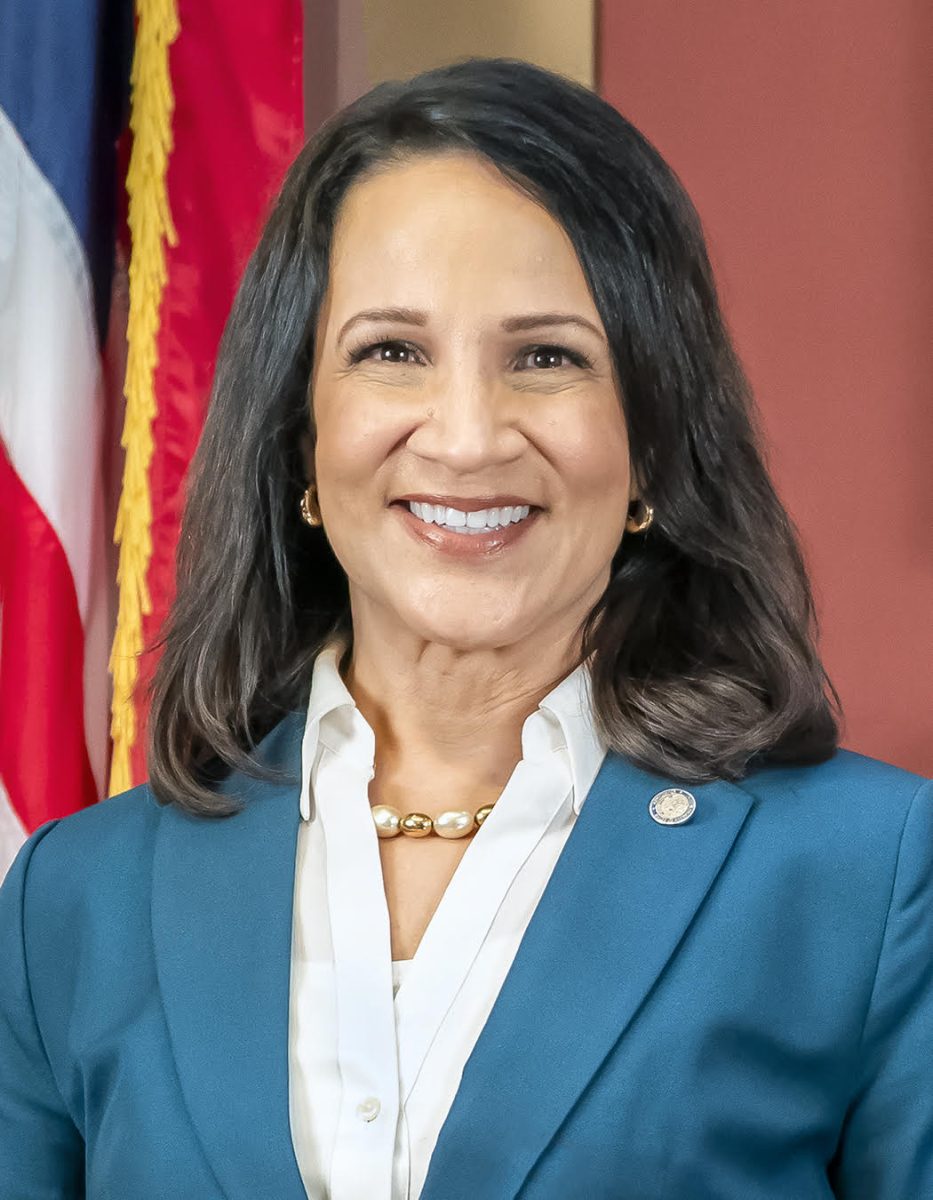Facing an increasing rate of sexual harassment reported on campus, Boynton Health started bystander intervention training with the University of Minnesota’s Greek life community in late October in an effort to increase students’ skills and confidence in intervening with harassment.
The training, created in 2018, aims to educate University students on how to intervene during situations involving sexual harassment. A goal of the training is making sure students are aware of the community support for intervening and that bystanders will not be ostracized for being the one to call out harassment. The program is beginning to train Greek life because it encompasses many communities on campus.
“Our ultimate goal is to prevent sexual violence, but we know one of the strategies for doing so is getting people to intervene when they encounter a situation that concerns them,” said Alicia Leizinger, a Boynton Health health promotion specialist and the co-chair of the student education and engagement committee within the Office of the President.
The training is a collaboration between Boynton Health, University Athletics, the Greek life community and the Aurora Center, and is part of the President’s Initiative to Prevent Sexual Misconduct.
Unlike other lecturer-led trainings, this one is led by about 200 volunteer Greek life student facilitators. The facilitators attended a two-hour training session and brought what they learned back to their chapters, Leizinger said.
The training first informs students about facts and data, then goes through different harassment scenarios.
“It just kind of puts you in their shoes, so that way when you are in the actual situation, instead of just a scenario, you are prepared to do it,” said Junior Ellissa Cleveland, vice president of public relations on the Panhellenic Council.
As a way to assess if the bystander training is effective, Boynton gives the student trainees a survey asking them how confident they are intervening in situations involving harassment and compare the results once the training is over.
Junior Jess Moore is one of the volunteer facilitators from Chi Omega. She said she feels more prepared to deal with high-stress situations and is excited to share what she learned with her chapter.
“While Greek life certainly isn’t the only community that can make an impact, this presence means that, when we change our behavior and step up in these situations, people will see us changing our behavior and hopefully rethink what they would do,” Moore said. “The idea of this chain reaction makes me feel safer.”
University athletes were the first student community to receive the bystander training in 2018.
Around 700 student athletes participated in the first training.
“I feel like it has a tremendous value-added impact on our community because it is empowering student athletes to really be intentional of building a community of respect,” said Peyton Owens III, the senior associate athletics director.
As a result of the bystander training from Boynton, University Athletics created the student group Athletes Supporting Advocacy and Prevention. The group has approximately 15 student athletes. They are currently working to develop a student strategy related to prevention and support for survivors. The group of athletes is planning to do their second Bystander Intervention Training next year.
“We really do want to tailor these for different student communities as the opportunity arises,” Leizinger said. “If we see continuing success and the results are positive with Greek life, I think that’s a model that we’re looking to pursue in other student groups and other departments, as well.”







